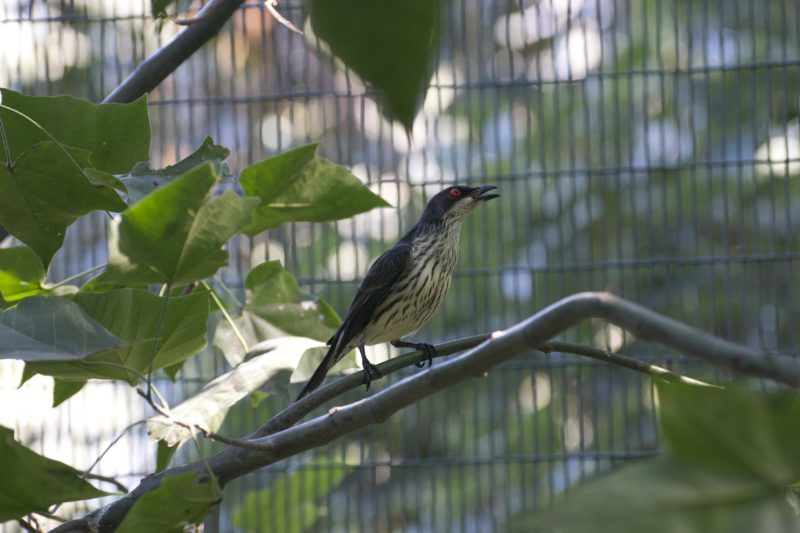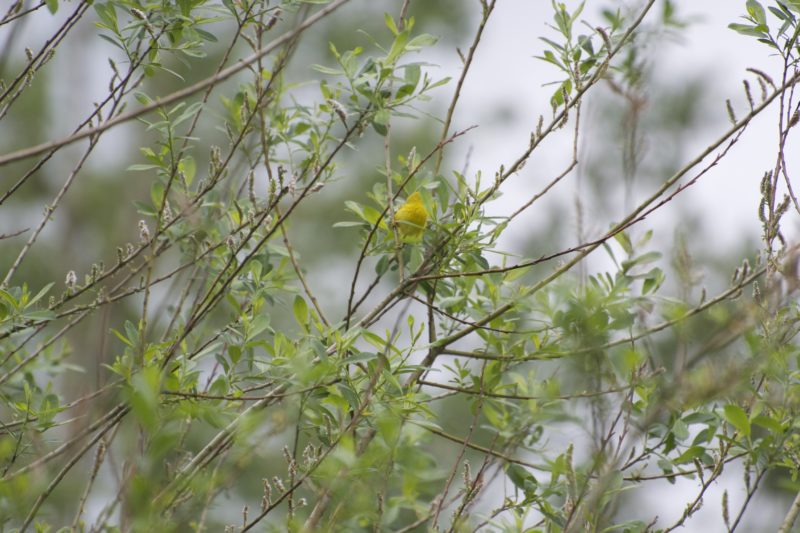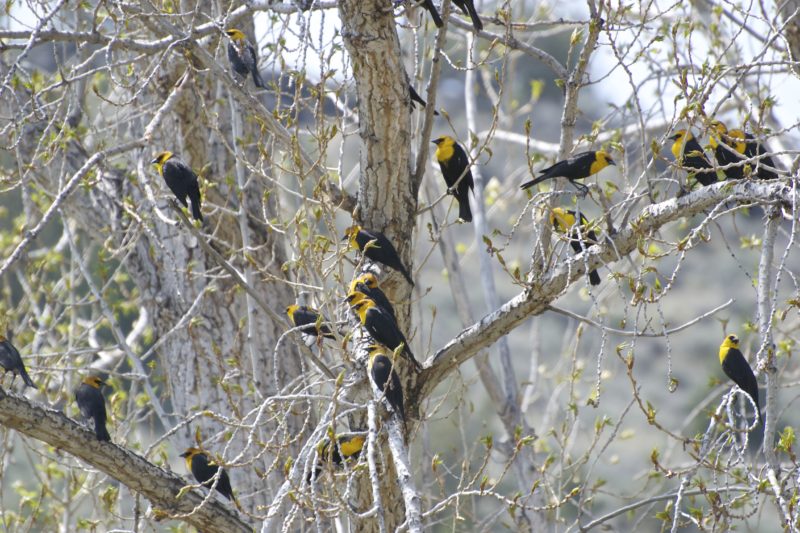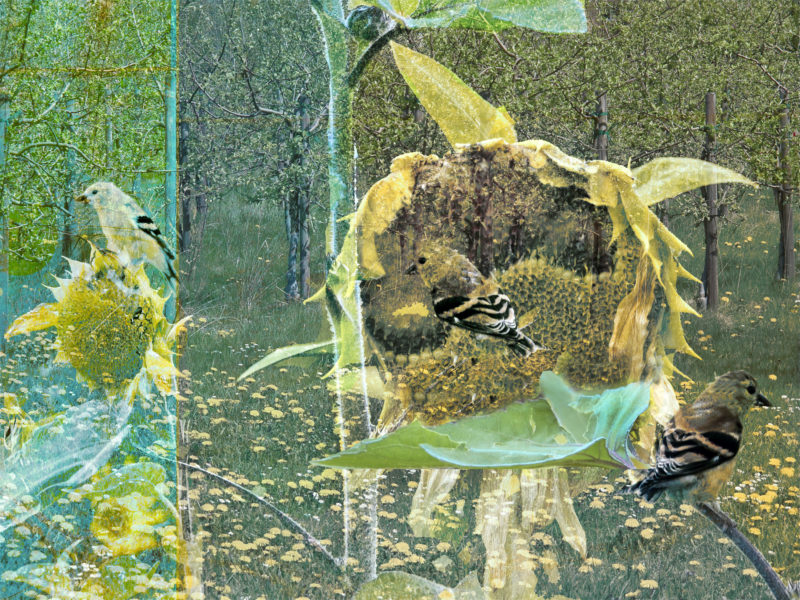I know why the caged bird sings….I first “heard” these words in a piece of music – Buckshot Lefonque’s version to be precise.
Only later did I realize it was an actual poem by Paul Laurence Dunbar, published in 1899; the phrase I cited above might be familiar to some as the title of Maya Angelou’s autobiography.
Here is the whole poem:
https://www.poetryfoundation.org/poems/46459/sympathy-56d22658afbc0
And here is an excerpt:
Dunbar died at age 33 in 1906. He was gifted, achieved recognition during his life time, but also troubled, in ill health and caught in a political trap. The public wanted his humorous, sometimes sentimental accounts of Black life during and after slavery written in dialect, and showed disdain for his descriptions of violence and injustice. To sell his works and make it as a writer, critics claim he resorted to caricaturing his own race, portraying black slaves as faithful and obedient, slow-witted but good-natured workers appreciative of their benevolent white owners. Dunbar drew the ire of many critics for his stereotyped characters, and some of his detractors even alleged that he contributed to racist concepts while simultaneously disdaining such thinking. (See link below)
Many current scholars draw a more complex picture, pointing to his many ways of describing and attacking racism, more so in his poetry than his novels and story collections.
https://www.poetryfoundation.org/poets/paul-laurence-dunbar
The poem I chose is a lament, a painfully sad expression of all that is denied to the being deprived of its freedom.
Dunbar’s parents were slaves. The majority of their descendants live in different kinds of cages – being deprived of the rights to walk without fear, to chose where to live and be treated as equals. On the 50th anniversary of MLK’s assassination today I fear he is rolling in his grave.

































































 .
.





 Photographs of warblers in the Columbia Gorge last week.)
Photographs of warblers in the Columbia Gorge last week.)


 He captured, in my opinion, an idealized version of what is really a harsh environment around the Steen Mountains. Part desert, part mountain wilderness, few interspersed water features that host 1000s of birds during migration, all combine to deliver astonishing beauty but also intense hardship for the few people who settle this landscape and try to make a living of it.
He captured, in my opinion, an idealized version of what is really a harsh environment around the Steen Mountains. Part desert, part mountain wilderness, few interspersed water features that host 1000s of birds during migration, all combine to deliver astonishing beauty but also intense hardship for the few people who settle this landscape and try to make a living of it.




 Part of what made it special are the many unfamiliar bird sounds that you hear there, including some birds that make music with its feathers – here is the sound of a common snipe
Part of what made it special are the many unfamiliar bird sounds that you hear there, including some birds that make music with its feathers – here is the sound of a common snipe 













 Last Sunday the entire grandiose Catalogue of Birds by Messiaen was played across different places in nature during the course of a day into the night. Starting with a walk at dawn to hear the real birds, the concert commenced among the reeds. At night it finished fittingly in a hall, performing the calls of the night owl. Luckily all this happened in England, at the Aldeburgh Festival last week, so I didn’t have to stay up late, which is harder for me than to get up early. Wouldn’t have liked to miss the owl. Unluckily, this seems like an event of a lifetime, organized with British precision, stamina and a sense of adventure, shuttling the audience from one spot to another, an experience I would have relished. The festival director, Pierre-Laurent Aimard, was also the pianist, playing, as you can see in the clip below, with hand warmers in the dawn!
Last Sunday the entire grandiose Catalogue of Birds by Messiaen was played across different places in nature during the course of a day into the night. Starting with a walk at dawn to hear the real birds, the concert commenced among the reeds. At night it finished fittingly in a hall, performing the calls of the night owl. Luckily all this happened in England, at the Aldeburgh Festival last week, so I didn’t have to stay up late, which is harder for me than to get up early. Wouldn’t have liked to miss the owl. Unluckily, this seems like an event of a lifetime, organized with British precision, stamina and a sense of adventure, shuttling the audience from one spot to another, an experience I would have relished. The festival director, Pierre-Laurent Aimard, was also the pianist, playing, as you can see in the clip below, with hand warmers in the dawn! 


